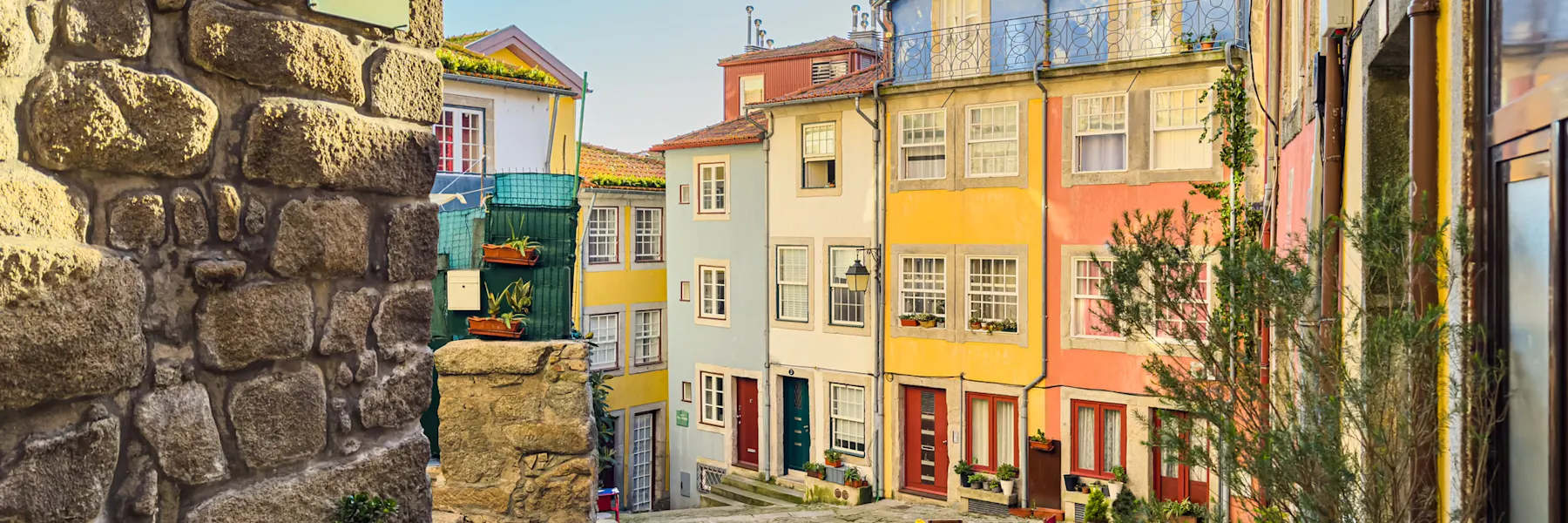Europe’s Visa Policy is Shifting Dramatically: Here’s Why
4 min read
The other day an IL subscriber expressed concern about the cost of getting a residency permit in Europe:
“My monthly retirement and Social Security income will be twice the cost of living in most countries I’ve researched, so I could support myself for many years through that. But that requirement to invest $300-500K or more in almost every country I’ve researched is insane.”
It’s hardly insane. It makes perfect sense from a policy perspective (or at least once did). But more importantly, the investment option isn’t the only one… and it’s increasingly being shut down by most European countries.
Let’s start with the basics: Why do countries invite foreigners to live in them permanently?
The answer is simple: money. Countries like Portugal, Spain, and Greece aren’t motivated by the prospect of having foreigners with a halting grasp of the local language pottering around their cities and villages. They just want them to bring their overseas money, boosting economic activity and creating jobs.
The next question, therefore, is what kind of money is best at boosting the economy and creating jobs?
In the aftermath of the global financial crisis, stabilizing the banking system was the priority. Housing markets had frozen up for lack of credit. Property prices had collapsed. Banks were insolvent: The mortgages they’d issued were far more than the value of the property those mortgages had bought.
Back then, it made sense to give foreigners residency by investing a minimum amount in a residential property. That amount became the floor price of property in the best parts of GV countries. That restored the banks’ balance sheets by boosting property values.
It also priced locals out of the housing market, and not just home buyers. Most golden visa recipients are from China. They don’t want to live in Europe right away, if ever. They just want to get some of their money out of China and have a Plan B if things get worse. So, most Chinese GV holders immediately rented out their properties on the Airbnb market, encouraging others to do the same, raising rental costs throughout southern Europe.
The upshot is that what made economic sense in the early 2010s no longer does. That’s why country after country is dropping the residential investment option for a golden visa. Greece is the holdout, but even there the system is pushing people away from the most desirable areas out of concern for housing affordability.
They’re doing this because the best way of boosting the economy and creating jobs is to tap into a different type of foreign money: regular injections of foreign cash that will be spent on goods and services rather than residential property.
Who has that kind of foreign cash? People who can work remotely—digital nomads—pensioners, and the independently wealthy.
That’s why there’s an expansion of digital nomad and independent means visas all over southern Europe. Instead of requiring you to plunk down hundreds of thousands of euro for a property, you must just show sufficient monthly income to support yourself without working locally.
The minimum amounts to qualify for these visas vary. In Portugal, for example, you can get a retirement visa for a little over €1,000 a month. By contrast, digital nomad visas require around €3,400 a month. (That’s because unlike a pension, which is a guaranteed regular flow of income, a digital nomad’s circumstances could change unexpectedly.)
In some countries, like Italy and Greece, you can even get a big tax break on your foreign income, especially if you’re a pensioner. Although you’ll still pay taxes to your home government, you’ll pay a small amount to the government of your new home.
On top of that, the cost of living in all the Mediterranean countries offering these visas is far lower than in the United States or Canada.
The upshot is that the end of the residential golden visa will make property more affordable for foreigners… and encourage governments to make it easier for people of independent means and digital nomads to come live there.
The person who wrote in with their concerns will be able to live in Europe without spending hundreds of thousands on a home. They’ll enjoy a higher quality of life, lower cost of living, and a friendlier policy environment… because their contributions are helping their new countries achieve their goals in a sustainable way.
Nothing insane about that!
In all sorts of beautiful, welcoming, culturally rich, saner places around the world, you can live well from $2,000 a month (all in, housing included). Sign up for our free daily IL Postcards e-letter and we’ll immediately send you a free report on the WORLD’S # 1 RETIREMENT HAVEN— plus 9 more spots you should have on your radar. Each day, you’ll earn about the best places to move to, retire, travel, buy real estate, and enjoy a good life for less, overseas.
By submitting your email address, you will receive a free subscription to IL Postcards and special offers from International Living and our affiliates. You can unsubscribe at any time, and we encourage you to read more about our Privacy Policy.



